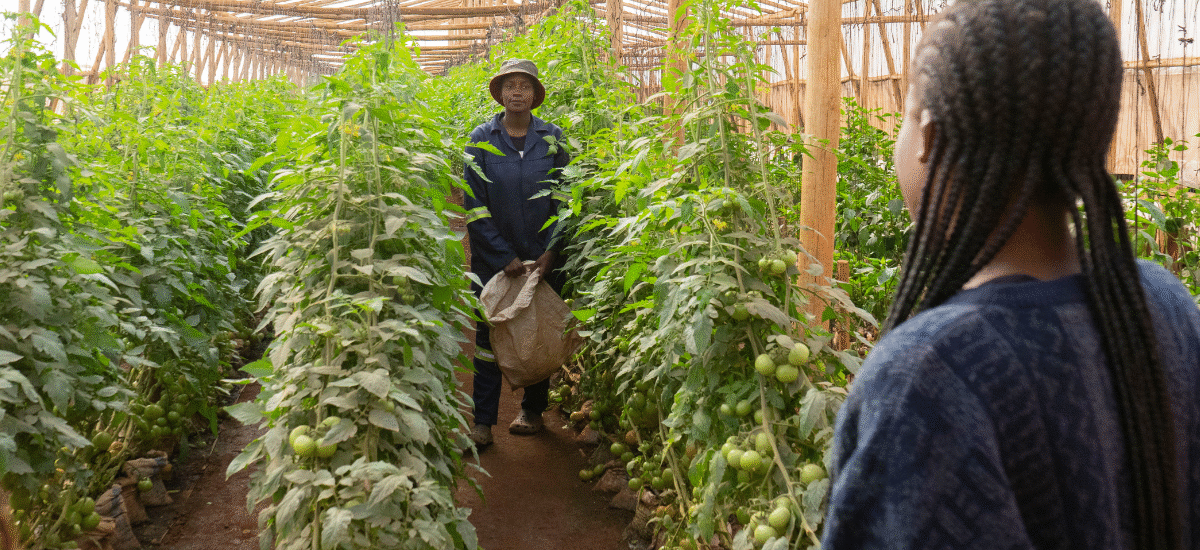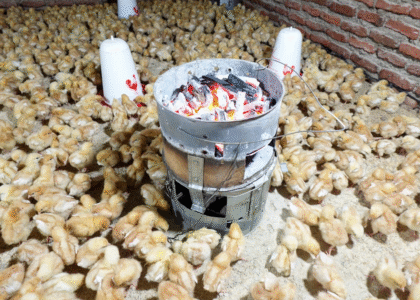When Q2 Corporation was first conceived, it was a supply chain company — born from the recognition that Africa’s future depends on food systems, trade flows, and logistics that connect smallholder farmers to global opportunity.
The vision was straightforward but ambitious: build an agtech and supply chain model that could make Africa food-sufficient while creating wealth in local communities. Malawi, a country where agriculture supports nearly four out of five households, was the natural starting point.
But along the way, something unexpected happened: Q2 discovered the power of simulation and gaming.
The Supply Chain Foundation
By The Q2 Editorial Team
Q2’s founder, Nthanda Manduwi, arrived at Michigan State University — home to the world’s top-ranked supply chain management program — with a clear mission: sharpen the frameworks, tools, and strategy to build a resilient agtech company.
Q2’s early design revolved around Smart Village Farms: models that integrated farming, logistics, education, and digital tools. These were not pilot projects but prototypes — blueprints for scaling agricultural sufficiency across Africa.
The Gaming Curveball
During her MBA, Manduwi joined Microsoft Xbox as a Business Development Manager Intern. What was supposed to be a summer in tech became a turning point.
Immersed in the gaming industry, she encountered Farming Simulator, a global hit that blends entertainment with agricultural education. What began as curiosity quickly revealed a deeper insight: simulation could be the bridge between Q2’s supply chain vision and Africa’s next generation.
If a game could teach millions around the world about farming, why couldn’t Africa build its own? Why couldn’t a simulation inspire youth to see agriculture not as a burden, but as an opportunity?
The Lightbulb Moment
The breakthrough came at Microsoft’s Studio D. In that space of innovation, Manduwi realized that Q2 did not need to choose between supply chain and gaming. It could become both.
- A supply chain company — building real farms, logistics networks, and agtech models in Malawi and beyond.
- A simulation company — creating digital games that make agriculture aspirational, accessible, and engaging.
In that synthesis, Q2 became more than a business. It became a movement.
Why It Matters
This dual identity sets Q2 apart:
- For governments and investors, Q2 is building the hard infrastructure of supply chains and Smart Villages.
- For youth and creators, Q2 is building simulations that make agtech exciting and future-facing.
Together, these layers ensure Q2 is not just solving today’s problems, but shaping tomorrow’s mindsets.
The Road Ahead
Q2’s story is still being written. Smart Village prototypes are underway in Malawi. Kwathu Kollective, Q2’s community arm, is preparing for Xbox Gamecamp Africa, bringing African creators into the global gaming economy.
From farms to simulations, from villages to virtual worlds, Q2 is proving that innovation does not have to be either/or. It can be both/and.
What began as a supply chain dream has become a simulation reality — and in that evolution lies a bold blueprint for Africa’s future.
Want to partner with Q2 in building Smart Villages or creating Africa’s first agtech simulations? Contact us at info@q2corporation.com.



